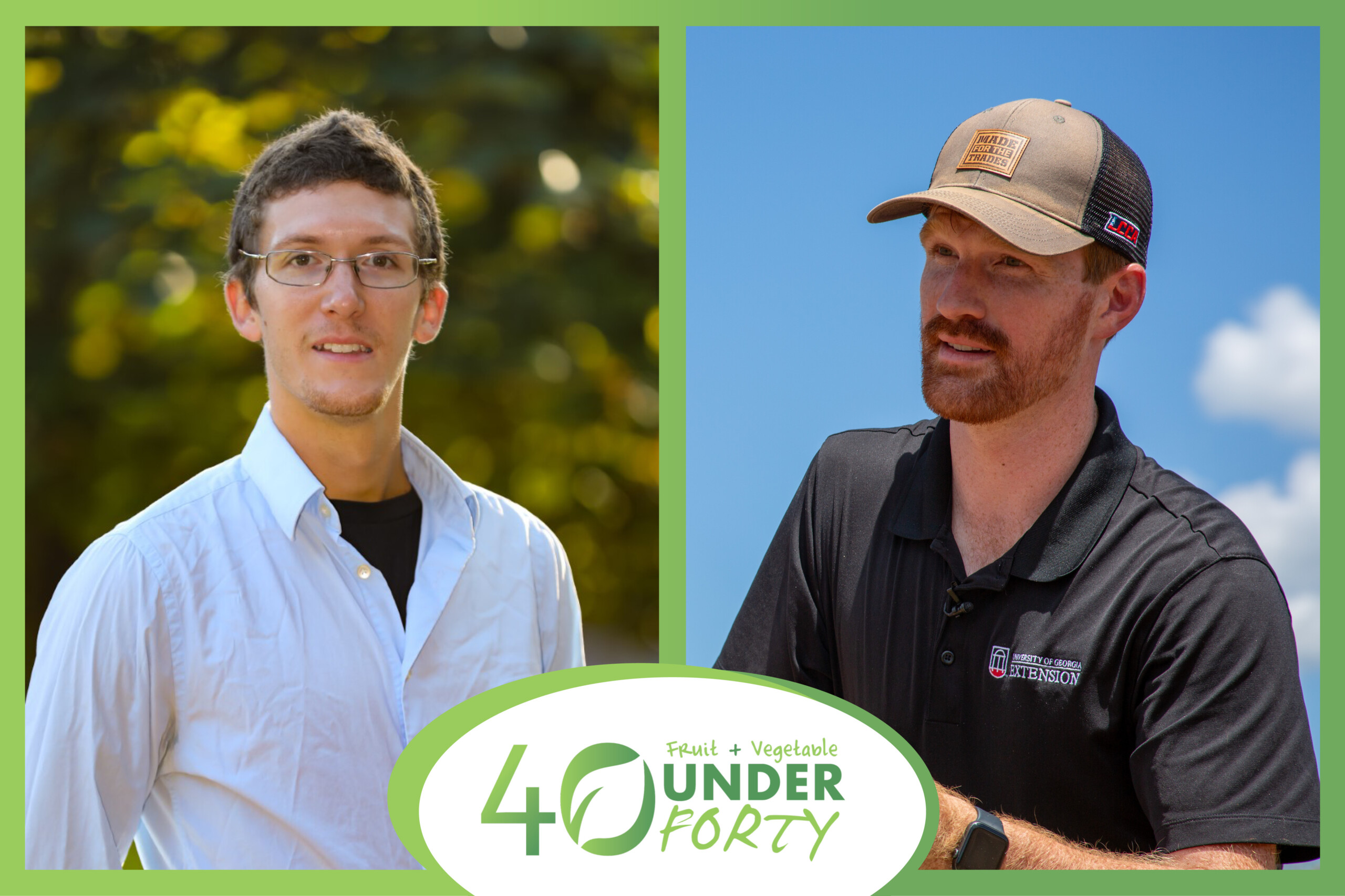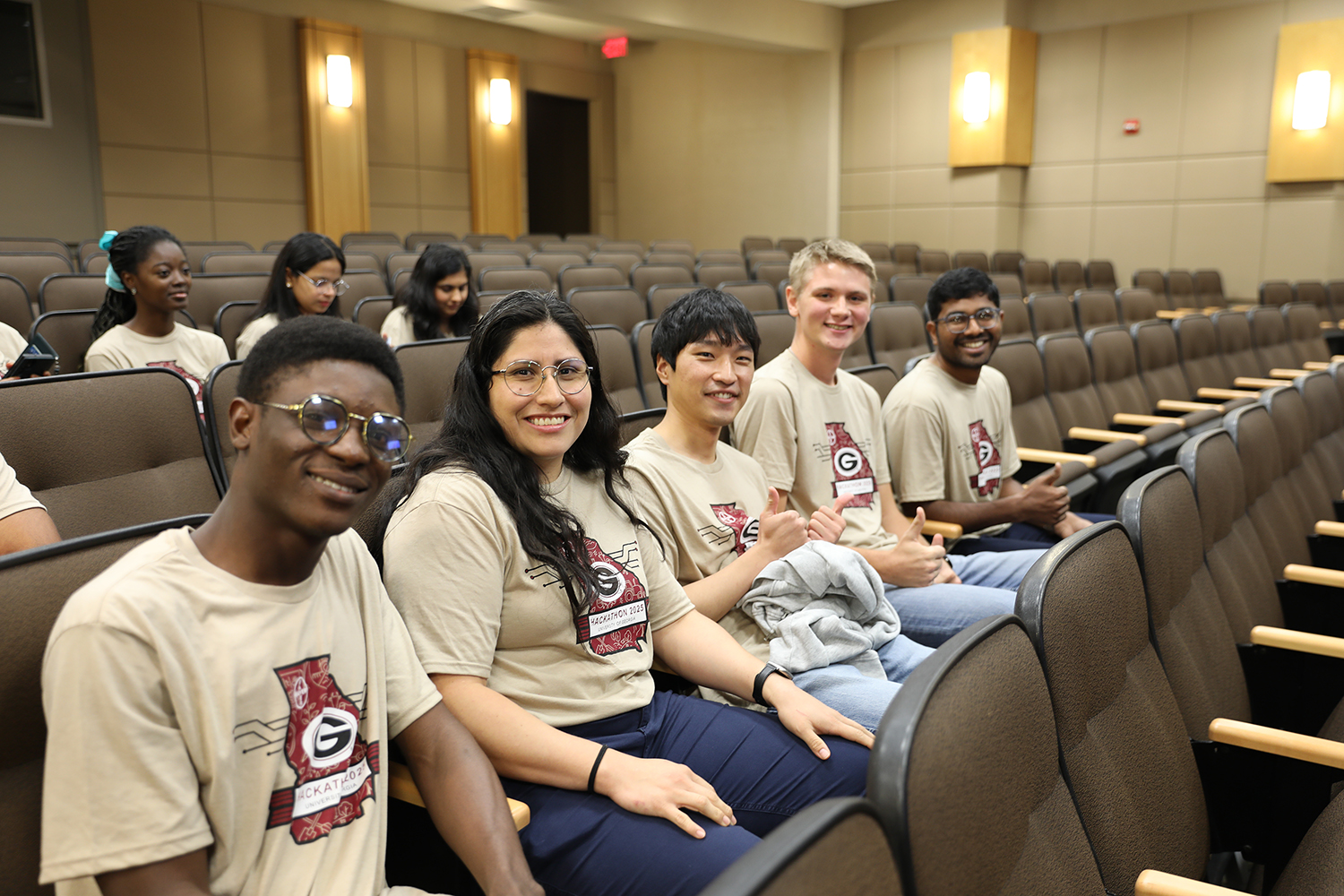Areas of Exploration
Agricultural and environmental research is foundational in the land-grant university mission – education for everyone, research for scientifically based decisions and extension outreach to help ensure scientifically based agriculture in practiced in America.
Agricultural and environmental research has three parts:
- basic, which provides the discoveries for solution to the unknown problems of tomorrow;
- applied, which uses the solutions of past basic research to address the problems of today; and
- directed, which delivers immediate actions to improve our agricultural systems.
We need all three for a healthy agriculture industry and to sustain the environment. At the University of Georgia, we excel at all three, and deliver a $144.4 million boost to Georgia’s economy.
CAES research at UGA delivers a $144.4 million boost to Georgia's economy.
Discover Our Impact
Research News
Research Archives | CAES Field Report
 Research Archives | CAES Field Report
Research Archives | CAES Field Report
 Research Archives | CAES Field Report
Research Archives | CAES Field Report

Posted by Makenna Reavis, Emily Cabrera on Dec 10, 2025
Fruit and Vegetable 40 Under 40 awards spotlight UGA Extension impact on Georgia growers

Posted by Maria Lameiras on Nov 18, 2025
CAES director of industry partnerships aims to strengthen agricultural advancement and student success

Posted by Makenna Reavis on Oct 27, 2025
CAES team wins real-world data challenge in UGA-Bayer Hackathon

